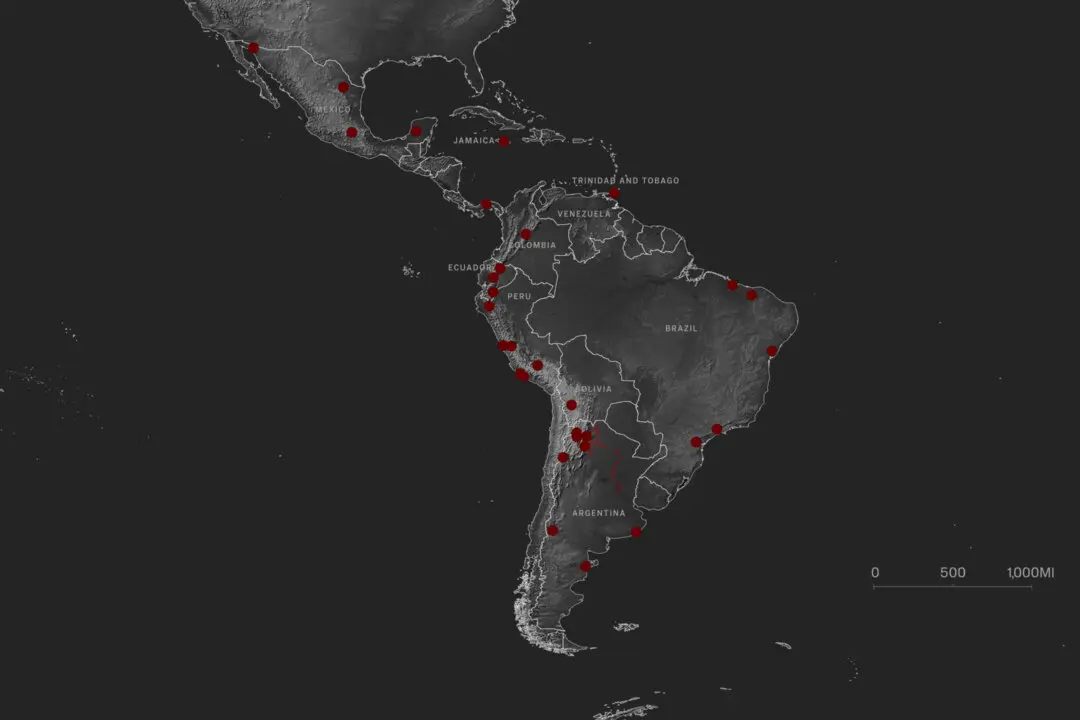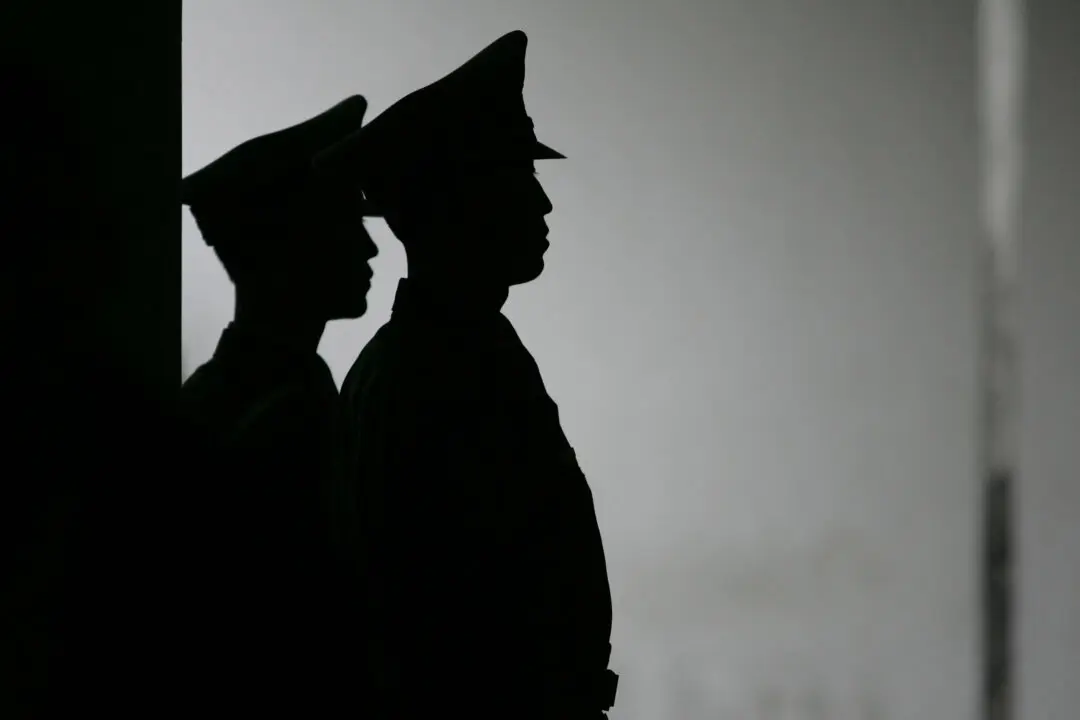A Republican poll watcher who filed a lawsuit over suspected election fraud described a “pattern of intimidation and bullying” as he and others tried to monitor the ballot processing in Wayne County, the largest in the battleground state of Michigan.
A group of “extremely confrontational” poll observers “constantly” accosted the Republican watchers, hindering their ability to focus on observing the ballot count and checking for errors, Edward McCall told The Epoch Times.





